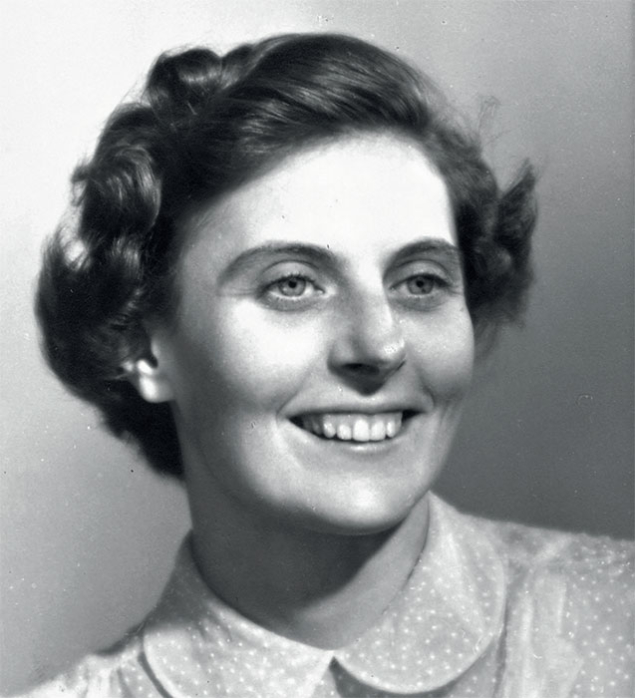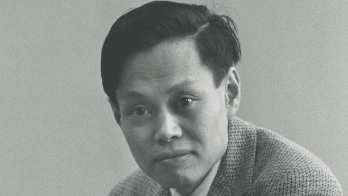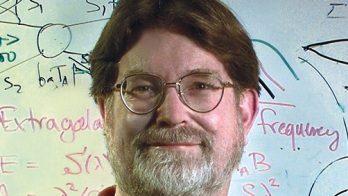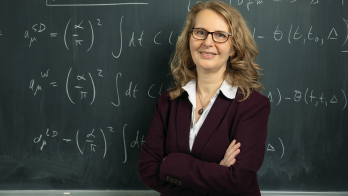Cécile DeWitt-Morette, founder of the Les Houches summer school, passed away on 8 May at the age of 94. Born in Caen, she studied in Paris after completing her bachelor degree. In 1944 her mother, sister and grandmother were killed in the Allied bombing of Caen, but in Paris she secured a job at CNRS and was awarded a PhD three years later with a thesis about meson production. She was then invited to the Institute for Advanced Study in Princeton by Robert Oppenheimer, where she met her future husband, the US physicist Bryce DeWitt (they would go on to have four daughters).

Mixing with the best of US physics made her realise the poor situation of the field in France, especially particle physics, and drove her to do something about it. Precisely at that time, a summer school was organised at the university of Michigan in Ann Arbor, and Cécile had the idea to create such an event in France. Her beautiful eyes with double-iris rings and considerable powers of persuasion, not to mention a fantastic intuition for selecting the best possible lecturers, were difficult to resist. She had a friend whose father, the architect Albert Laprade, loaned her a piece of land at La Côte des Chavants, just above the village of Les Houches in the Arve valley, among farms and cottages. Financial input soon followed thanks to her skilful negotiating tactics, and in the summer of 1951 I was one of a few candidates to attend the school for a period of three months. She had chosen fantastic professors: Léon Van Hove for quantum mechanics and Viki Weisskopf for nuclear physics, both of whom would be future Director-Generals of CERN; Res Jost for field theory; Walter Kohn (a future Nobel Prize winner) for solid state physics; plus seminars by giants such as Wolfgang Pauli. We worked very hard, except for some excursions in the mountains, and learnt a lot.
The Les Houches school, of which Cécile remained director for 22 years, continued to be a complete success. Many of its students and some teachers received the Nobel prize, the Wolff prize or the Fields Medal. Among them were Pierre Gilles De Gennes and Claude Cohen-Tannoudji. The demand for basic courses dissipated over the years, but the school became a place for high-level specialised topics, and continues to be so.
Cécile also played an important role in founding the Institut des Hautes Scientifiques (IHES) in Bures sur Yvette, and did important work on functional integration, also collaborating with her mathematical-physicist husband. They were professors at the University of North Carolina at Chapel Hill and at the University of Texas at Austin, successively. Bryce died in 2004 just as he was about to receive the Einstein Prize from the American Physical Society.
I met Cécile for the last time at IHES in 2011 where she was made Officier De la Légion dʼHonneur. On 7 May, the day before she died, I understand that she was delighted to learn that the anti-European candidate as president of France, Marine Le Pen, had been defeated.








